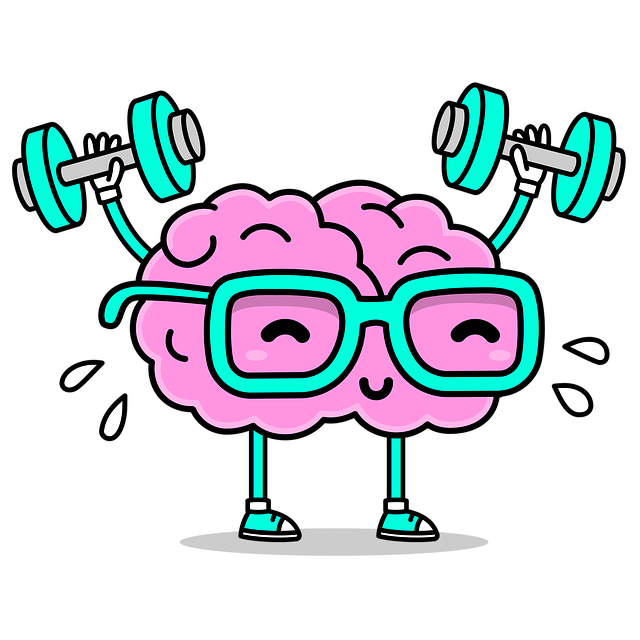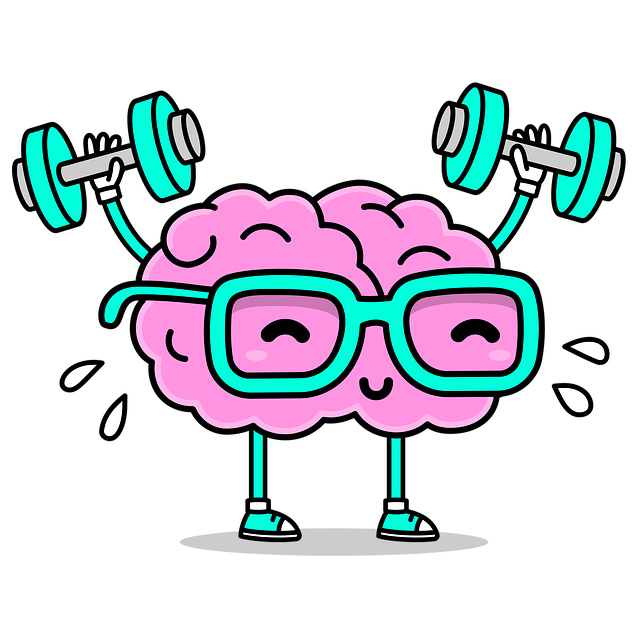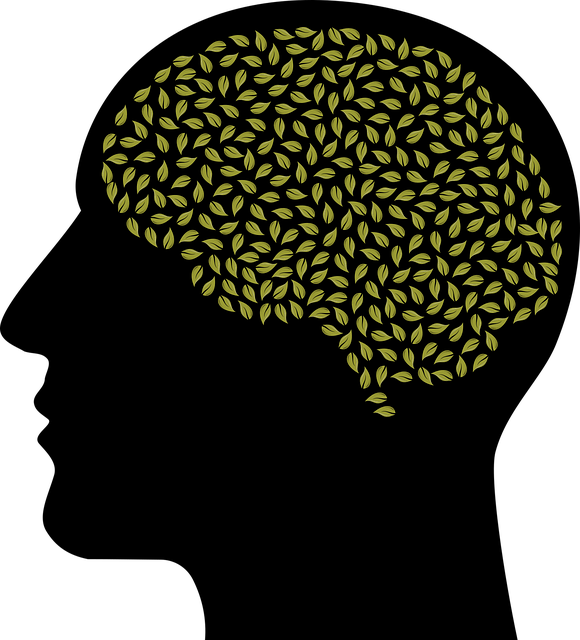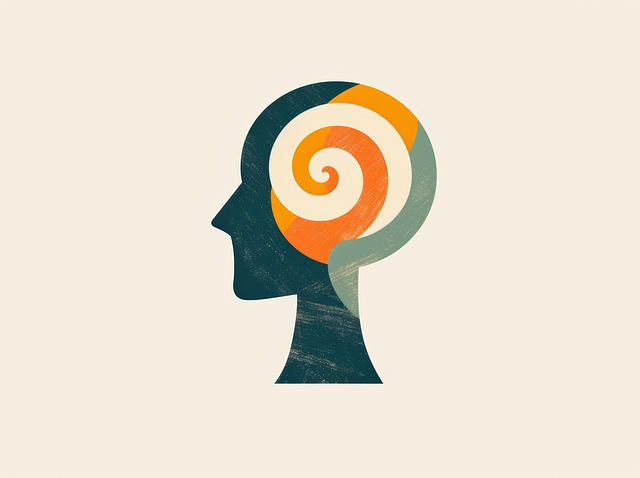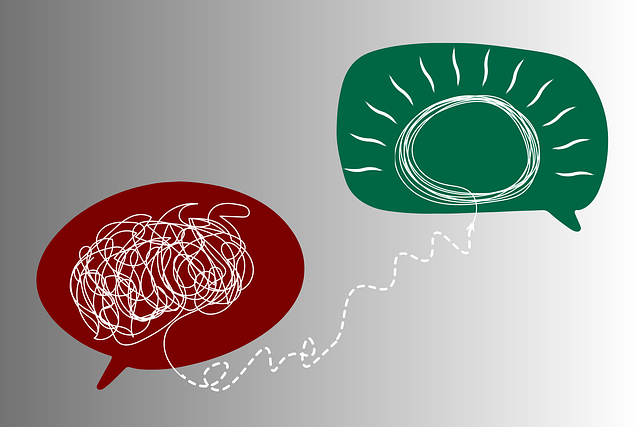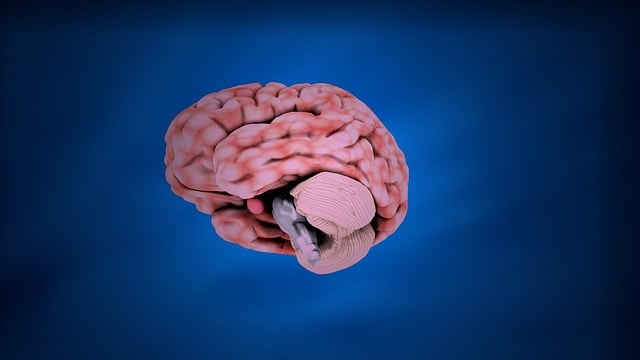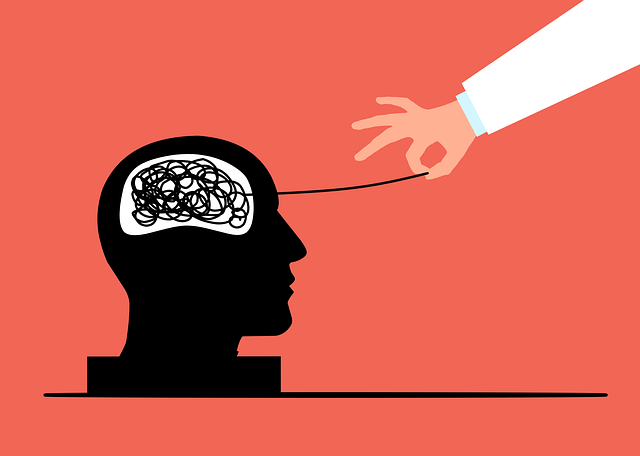Mental wellness programs tailored for young adults, incorporating therapy like grief counseling, build resilience and teach healthy coping mechanisms. Evaluating these programs using both quantitative (surveys) and qualitative methods assesses their effectiveness in improving emotional regulation and overall mental health outcomes. Continuous improvement through feedback loops, including empathy-building techniques, ensures these programs remain relevant and impactful for young adults seeking therapy for Young Adults Grief Counseling.
“Uncovering the effectiveness of mental wellness programs tailored for young adults involves a comprehensive evaluation process. This article explores strategic methods to assess these programs, focusing on the unique role of grief counseling as an integral tool. We delve into quantitative and qualitative approaches, highlighting their combined power in measuring success and driving improvement. From outcome assessment to feedback loops, discover how these techniques adapt to evolving needs, ensuring mental health support remains relevant and impactful for young adults grappling with various challenges, including therapy for young adults and grief counseling.”
- Understanding Mental Wellness Programs for Young Adults
- The Role of Grief Counseling in Program Evaluations
- Effective Evaluation Methods: Quantitative and Qualitative Approaches
- Measuring Success: Outcomes and Impact Assessment
- Continuous Improvement: Feedback Loops and Adaptation Strategies
Understanding Mental Wellness Programs for Young Adults

Mental wellness programs tailored for young adults play a vital role in addressing the unique challenges this demographic faces. Given the evolving nature of adolescence and early adulthood, many individuals struggle with issues like anxiety, depression, and grief, often requiring specialized support. These programs focus on fostering resilience, encouraging self-care practices, and promoting healthy coping mechanisms. One essential component is therapy, which offers a safe space for young adults to process emotions, navigate life transitions, and develop effective problem-solving skills. Specifically, grief counseling has been shown to be beneficial for those dealing with the loss of loved ones, helping them understand and manage their feelings in a supportive environment.
Integrating Mind Over Matter principles within these programs can empower individuals to take charge of their mental health. By teaching mindfulness techniques, meditation, and emotional regulation strategies, young adults gain valuable tools for managing stress and improving overall mood stability. Additionally, cultural sensitivity in mental healthcare practice is crucial, ensuring that services are accessible and respectful to diverse backgrounds, fostering trust and encouraging open communication.
The Role of Grief Counseling in Program Evaluations

Grief counseling plays a pivotal role in evaluating mental wellness programs, especially those catering to young adults. This therapeutic approach is instrumental in assessing and enhancing participants’ emotional well-being, which is crucial for overall program success. By incorporating grief counseling techniques, mental health professionals can gain valuable insights into individuals’ coping mechanisms and personal growth journeys. Through one-on-one sessions or group support, young adults can process their emotions, including bereavement, loss, or traumatic experiences, fostering self-care routine development and resilience building.
The process helps identify areas where program interventions might be lacking, enabling tailored adjustments to improve self-esteem improvement and overall mental health. This method ensures that the program’s effectiveness is not just measured but also enhanced, creating a safe space for young adults to navigate their emotional landscapes, thereby revolutionizing their mental wellness journey.
Effective Evaluation Methods: Quantitative and Qualitative Approaches

Effective evaluation methods play a pivotal role in understanding the impact and success of mental wellness programs, particularly tailored for young adults grappling with issues like grief counseling. Quantitative approaches offer structured data through surveys and statistical analysis, providing a clear picture of participant progress over time. This data-driven perspective allows researchers to quantify improvements in emotional regulation among program participants compared to control groups.
Complementing quantitative methods, qualitative approaches, such as interviews and focus groups, delve deeper into individuals’ experiences. These methods capture nuanced insights into the perceived benefits, challenges, and overall effectiveness of therapy for young adults. By combining both quantitative and qualitative evaluation techniques, mental health professionals can gain a comprehensive understanding of how programs address emotional regulation in the context of grief counseling, thereby fostering public awareness campaigns development that promote mental wellness among this vulnerable demographic.
Measuring Success: Outcomes and Impact Assessment

Measuring success in mental wellness programs is a multifaceted process that goes beyond mere satisfaction surveys. Evaluating outcomes and impact involves examining concrete changes in participants’ lives, such as improved mood management skills, reduced symptoms of anxiety or depression, and enhanced coping mechanisms for stress and grief. In the context of therapy for young adults, grief counseling might lead to better emotional regulation, improved relationships, and increased resilience in navigating life transitions.
To ensure the effectiveness and adaptability of these programs, mental health professionals should incorporate risk management planning into their evaluation methods. By tracking both positive and negative outcomes, professionals can identify areas for improvement and implement strategies for burnout prevention. This data-driven approach allows for continuous refinement of therapy models, ensuring they remain relevant and impactful in addressing the evolving needs of young adults seeking support.
Continuous Improvement: Feedback Loops and Adaptation Strategies

In the realm of mental wellness programs, continuous improvement is paramount to effectively addressing the evolving needs of participants, particularly young adults grappling with grief and seeking therapy. Feedback loops serve as a powerful tool for gauging program effectiveness and identifying areas for enhancement. By regularly collecting input from both clients and healthcare providers, programs can implement adaptive strategies that cater to emerging trends and challenges. This iterative process ensures that therapies like grief counseling remain relevant and impactful over time.
Moreover, integrating empathy-building strategies within these feedback mechanisms is vital. Healthcare providers play a crucial role in preventing burnout by fostering an environment of understanding and support. By prioritizing mood management techniques alongside traditional therapy methods, programs can create sustainable solutions for young adults navigating complex emotional landscapes. Such holistic approaches not only improve individual outcomes but also contribute to the overall resilience of the mental wellness community.
Mental wellness programs tailored for young adults require comprehensive evaluation methods to ensure effectiveness. By combining quantitative data analysis with qualitative feedback, professionals can gain valuable insights into the impact of initiatives like grief counseling. This dual approach allows for a nuanced understanding of participants’ experiences and outcomes, guiding continuous improvement strategies in therapy for young adults. Incorporating feedback loops enables programs to adapt and better serve their target demographic, ultimately enhancing mental wellness support.

